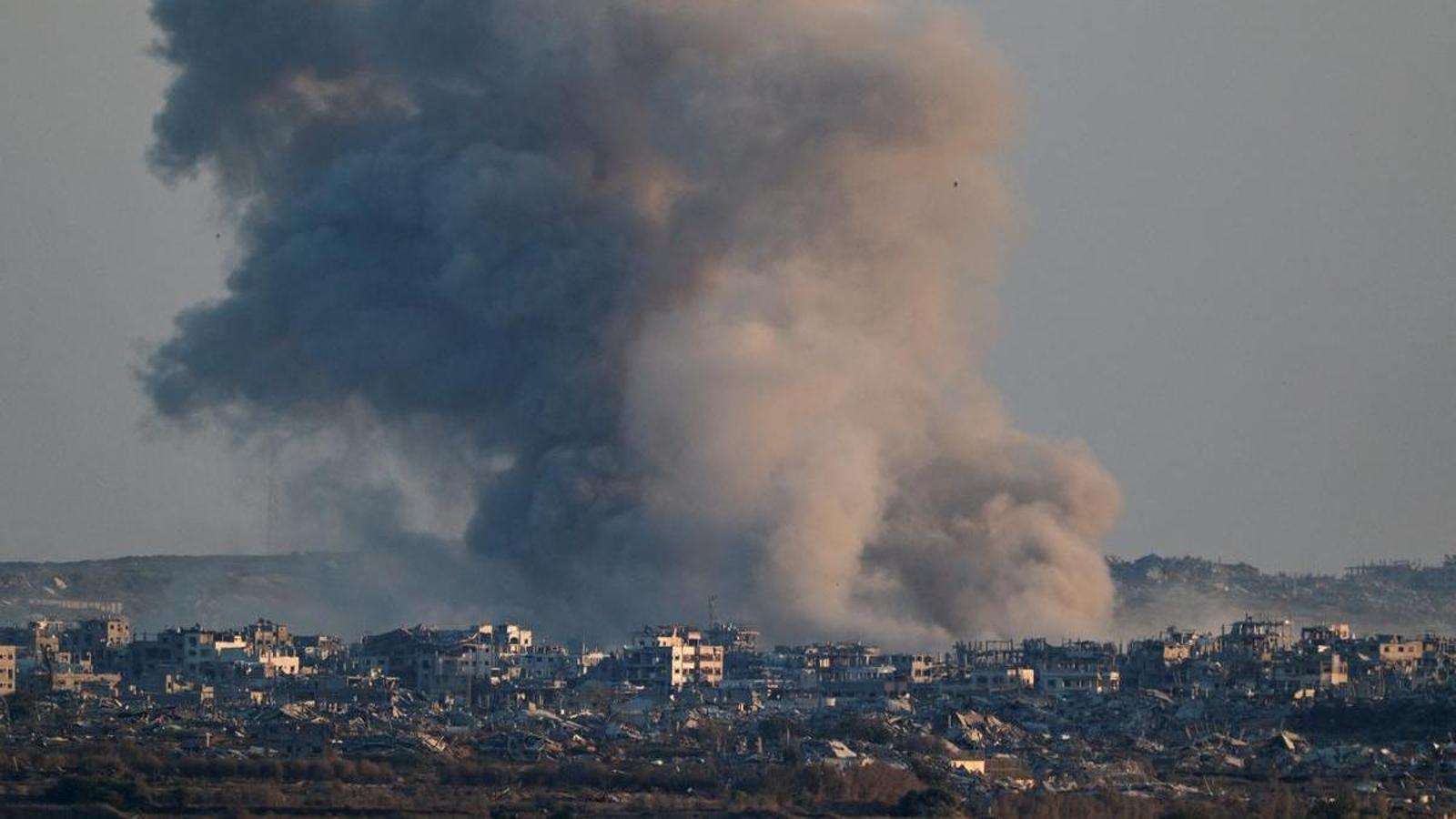Clash between the government and the Israeli military leadership over Gaza
Netanyahu postpones the security cabinet meeting that was to approve the expansion of operations in Gaza.


BarcelonaIt faces its military command, exhausted troops, the opposition of the families of the hostages and some of its European allies, but the Israeli government has told the local and international press that it is preparing to expand the genocidal offensive with the aim of "the total occupation of the Gaza StripThis Tuesday, the security cabinet was supposed to give the green light to the expanded offensive, but the meeting was postponed due to tensions with the army leadership. The cabinet, in order to avoid endangering their lives, worsening Israel's international image, and further exposing troops already showing clear signs of exhaustion after 22 months of indiscriminate attacks without achieving any of the declared objectives of the war: neither the release of the hostages nor the disappearance of Hamas, could dismiss him. They warned in a public letter to Trump on Monday that the only way to recover the hostages is through an agreement with Hamas and that militarily there is nothing more that can be done in Gaza. And the families of the hostages, who on Saturday brought 60,000 people to the streets of Tel Aviv, denounce that the total occupation is a death sentence for the hostages on October 7, 2023. Zamir and Netanyahu met this afternoon for three hours, in a meeting also attended by the defense minister. At the end of the meeting, Netanyahu's office simply issued a one-sentence statement: "The Israeli army is ready to carry out the decisions of the security cabinet."
What Netanyahu has not explained is how he plans to win this time, applying the same recipe he applied almost two years ago and which has forced his army, which is among the 15 strongest in the world, to become bogged down in the small territory of Gaza—with an area equivalent to that of Maresme—where it cannot completely defeat. The use of mass starvation as a weapon of war is also an expression of this military failure. "Why should military pressure, which has yielded no results for months, work now to secure the release of the hostages? How will they get them out of the tunnels in one piece? What makes you so sure that spreading this mission to the ground troops, who are exhausted, will work this time?" the Israeli daily asks. Haaretz Analyst Amos Harel.
On Sunday, the Israeli army's chief of staff visited the southern command, which is responsible for the offensive in Gaza, and recommended a strategy that runs counter to Netanyahu's: either reach an agreement with Hamas or surround the pockets of resistance where the majority of the Palestinian population is concentrated (the southern city of Al Mawasi) and continue to suppress them. This would allow the army to reduce the number of troops deployed in the Strip and eliminate the four-month extension to the mobilization period to allow soldiers to rest. Or, to put it another way: Netanyahu wants to put more soldiers in Gaza and occupy areas they have so far not entered, while the military leadership is betting on withdrawing troops and tightening the sieges. The prime minister has only one argument: that to defeat Hamas, they must occupy its strongholds, which will mean more Israeli soldiers and more dead hostages. And probably even more Palestinian civilians killed, although these are not included in the equation for the prime minister or the general.
On the ground, the massacre continues: the Israeli army killed at least 74 Palestinians this Tuesday, 51 of whom were trying to get food from the hunger lines in Gaza, at a Gaza Humanitarian Foundation (GHF) drop-off point. According to Palestinian journalist Anas al-Sharif, one of the dead is a child who was going to the humanitarian aid point to collect flour for his family.
According to Gaza health authorities, eight Palestinians, including an infant, died of starvation due to the blockade imposed by Israel on the entry of goods for more than five months. The Hamas government said that only 95 trucks entered the Strip on Monday, when according to the UN, at least 600 trucks are needed daily to cover the population's most basic needs. COGAT, the Israeli military agency that manages Gaza's border crossings, announced Tuesday that it will allow local merchants to bring in goods for the first time since March.
